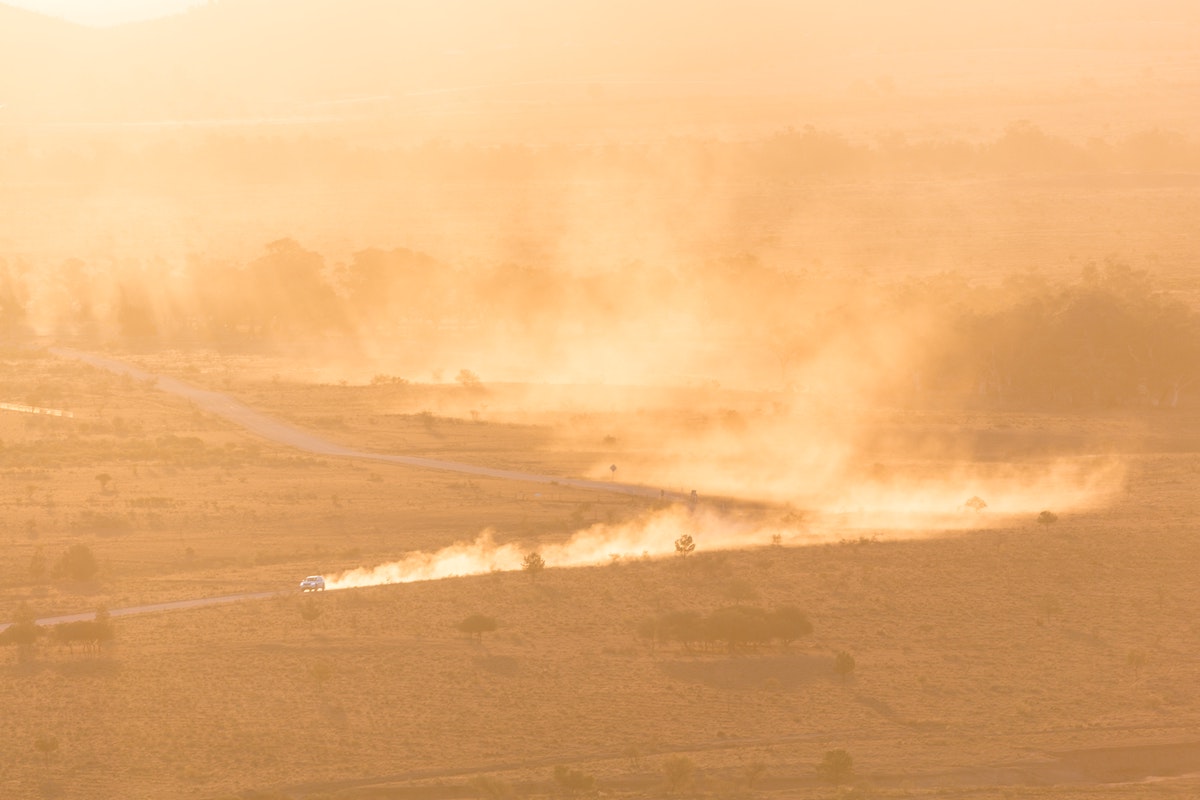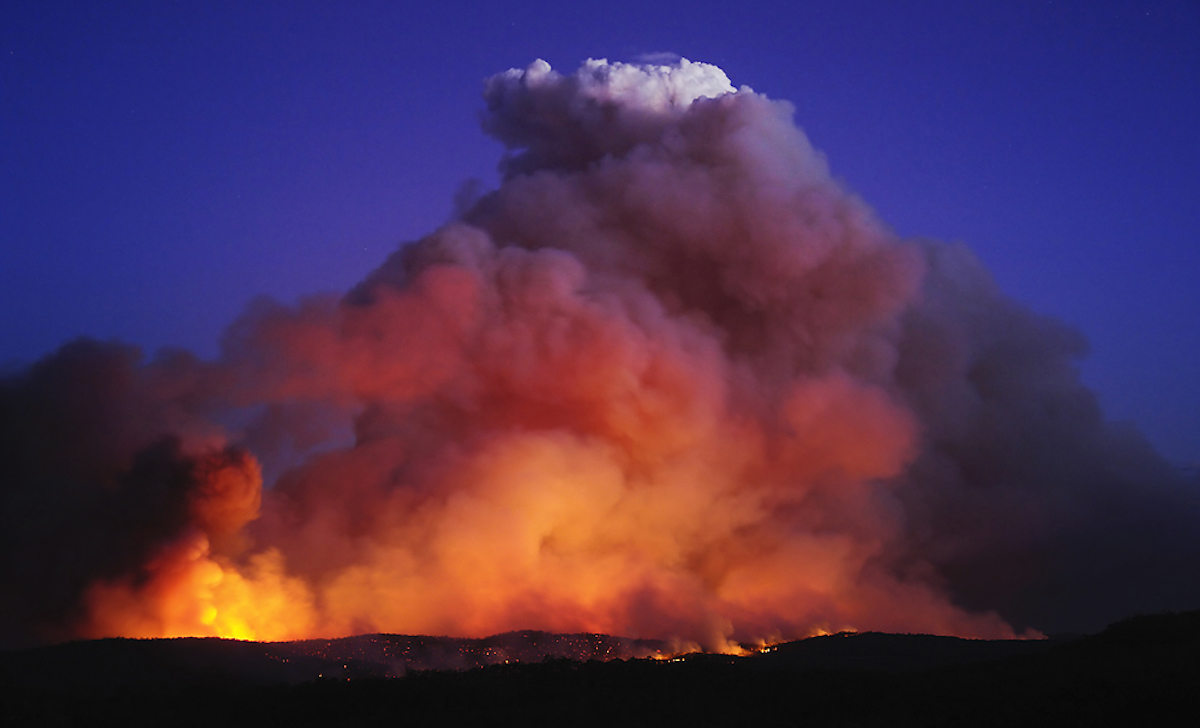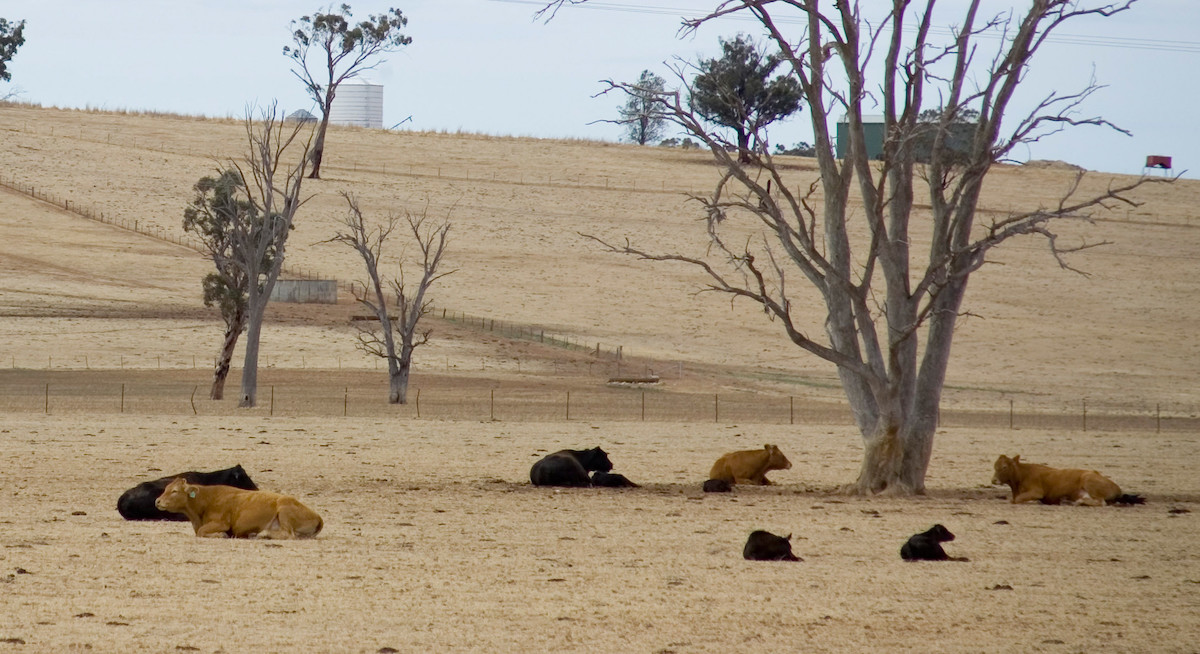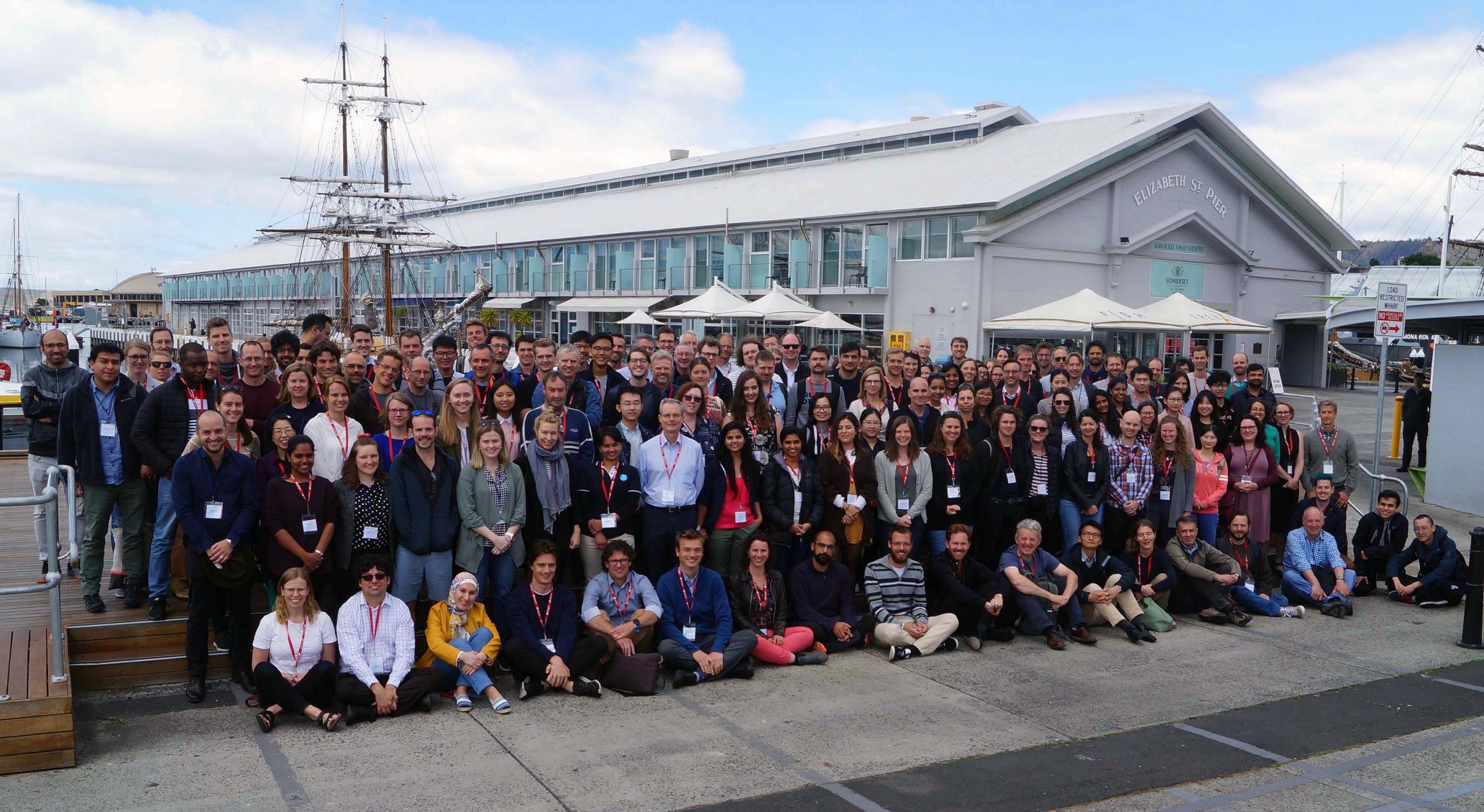-
Explainer: Focus on drought-breaking rain helps us understand Australian droughts

In this study of drought and rainfall over the Murray Darling Basin, CLEX authors find that the length of time between La Niñas and negative-IODs is an important indicator of the likelihood of drought for this region.
-
Montreal Protocol set to slow global warming by at least 1°C

The Montreal Protocol, an international agreement signed in 1987 to stop chlorofluorocarbons (CFCs) destroying the ozone layer, now appears to be the first international treaty to successfully slow the rate of global warming.
-
Climate change will increase frequency of Australia’s most dangerous fires

Catastrophic wildfires like the Black Saturday wildfires in 2009 and Canberra Wildfires of 2003, which were so large and dangerous that they generated their own weather systems – including the world’s first filmed fire tornado – are likely to be more frequent in the future as a result of climate change across southeast Australia
-
Record warm temperatures above Antarctica likely to bring hot and dry extremes to Australia

A new study with Centre of Excellence researchers warns that changes in springtime winds high above the South Pole could trigger higher than usual heat waves and fire-prone weather conditions in Australia.
-
Safeguarding the world’s largest tuna fishery

New research has used a combination of records from captains and scientific observers, FAD tracking data, ocean models and cutting edge simulation methods to reveal for the first time the trajectories and potential impact FADs may have on fisheries around Pacific island nations.
-
2℃ of global warming would put pressure on Melbourne’s water supply

Melbourne’s existing water supplies may face pressure if global warming hits the 2℃ level. The effects of drying and warming in southern Australia are expected to reduce natural water supplies. If we overshoot 2℃ of warming, even the desalination plant might not provide enough drinking water to a growing population.
-
Indian Ocean causes drought and heatwaves in South America

Indian Ocean convection caused a powerful planetary wave that led to a drought in South America and a marine heatwave in the South Atlantic that lasted for months.



